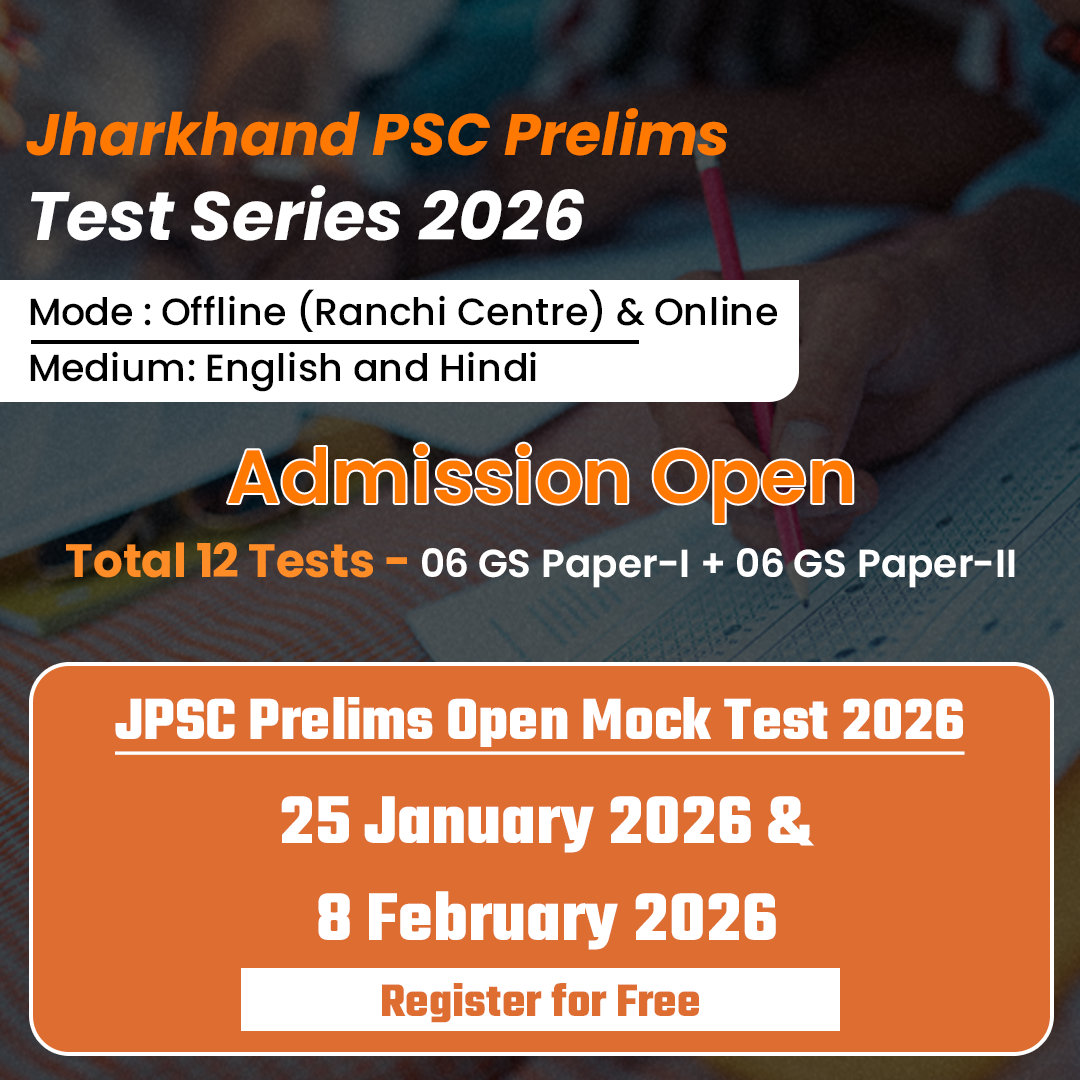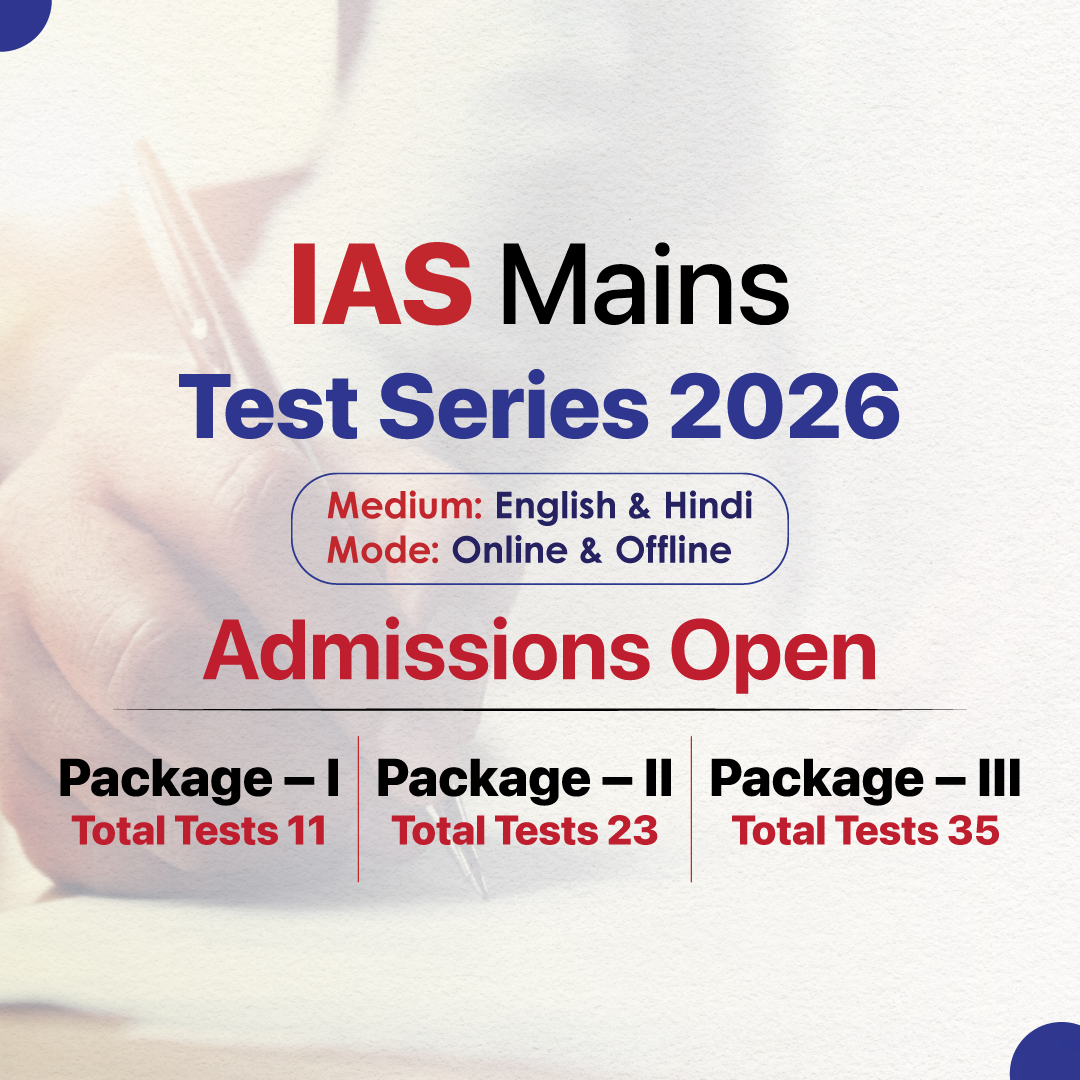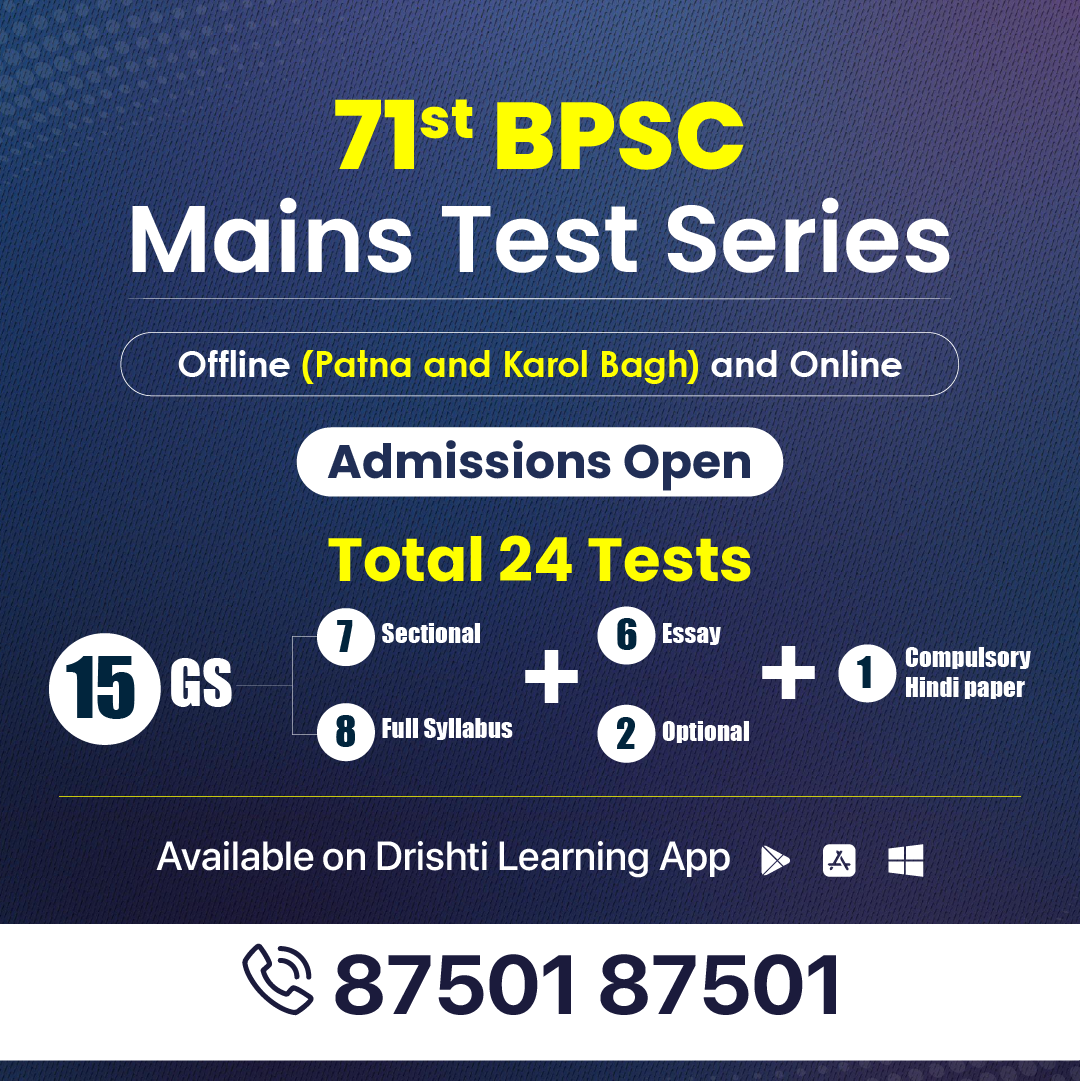Rajasthan Switch to Hindi
DRDO Conducted Weapon System Trials
Why in News?
The Defence Research and Development Organisation (DRDO) has reached a significant milestone by conducting successful trials of the Man-Portable Anti-Tank Guided Missile (MPATGM) Weapon System.
- MPATGM which has a range of 2.5 kilometers, with fire-and-forget and top attack capabilities for infantry use.
Key Points
- The tests, conducted at the Pokhran Field Firing Range (PFFR) in Rajasthan, showcased the impressive performance of the MPATGM in front of the user team.
- Created and produced in India by DRDO, the MPATGM Weapon System includes the MPATGM, Man Portable Launcher, Target Acquisition System (TAS), and Fire Control Unit (FCU).
- The testing has proven that the system can function within the full operational specifications outlined by the Indian Army's General Staff Qualitative Requirements (GSQR).
- The completion of penetration trials for the Tandem Warhead System of the MPATGM demonstrates its ability to defeat modern armor-protected Main Battle Tanks.
- With day/night and top attack capabilities, this Anti-Tank Guided Missile system features a dual-mode seeker for increased effectiveness in tank warfare situations.
- The successful trials were a crucial stride towards realizing the vision of 'Atmanirbhar Bharat' (self-reliant India).
Defence Research & Development Organisation
- It is the Research & Development wing of the Ministry of Defence, Government of India, with a vision to empower India with cutting-edge defence technologies.
- It was established in 1958 after combining the Technical Development Establishment (TDEs) of the Indian Army and the Directorate of Technical Development & Production (DTDP) with the Defence Science Organisation (DSO).
Rajasthan Switch to Hindi
Article 371
Why in News?
Recently, the President of one of India's national parties mentioned Article 371 at a public rally in Rajasthan causing a controversy.
Key Points
- Article 371, under part XXI of the Indian Constitution, grants some temporary, transitional and special powers for certain States.
- It has been part of the Constitution since 26 January, 1950.
- However, Articles 371(A-J) was brought in via amendments through Article 368.
- There are 12 other States that enjoy special powers under Article 371 of the Constitution. These include Maharashtra, Gujarat, Nagaland, Assam, Manipur, Andhra Pradesh, Telangana, Sikkim, Mizoram, Arunachal Pradesh, Goa, and Karnataka.
- The Centre has also suggested that it is considering the extension of Article 371-like protection to Ladakh.
- Special provisions under this article range from protection to ownership of land to establishment of development boards.
- Article 371 grants special responsibility to the Governor of Maharashtra and Gujarat for the establishment of separate development boards for Vidarbha, Marathwada, Saurashtra, and Kutch, and for ensuring equitable allocation of funds and opportunities for these regions.
- Article 371A grants special status to Nagaland, and provides that the Parliament cannot legislate on matters relating to the Naga religion, social practices, customary law, land rights, and civil and criminal justice, without the consent of the state assembly.
- Article 371B deals with Assam, and was brought in 1969. It allows the President to deal with the Constitution and functioning of a committee of the Legislative Assembly comprising members elected from the tribal.
- Article 371C applies to Manipur and was inserted into the Constitution in 1972. It provides for the constitution of a committee of legislators from the Hill Areas of Manipur.
- It gives the Governor a special responsibility to make an annual report to the President on the administration of the Hill Areas.
- Articles 371 D and E includes special provisions for Andhra Pradesh and Telangana.
- The President can pass an order to provide equitable opportunities and facilities to people belonging to different parts of Andhra Pradesh in public employment and education.
- Article 371F grants special status to Sikkim, and provides that the existing laws, customs, and rights of the Sikkimese people shall be respected and preserved by the Parliament.
- Article 371G applies to Mizoram. It includes special provisions to preserve the religious and social practices, customary law, and procedure of Mizos in Mizoram, as well as for the administration of criminal and civil justice, besides ownership and transfer of land.
- Article 371H confers a special responsibility on the Governor of Arunachal Pradesh concerning law and order.
- Article 371I relates to Goa. It requires the Legislative Assembly of Goa to consist of not less than 30 members.
- Article 371J accords special status to the Hyderabad-Karnataka Region (Kalyana Karnataka), and provides for the establishment of a separate development board for the area.


.png)




.webp)
.webp)
.jpg)







.png)


.jpg)

 PCS Parikshan
PCS Parikshan

